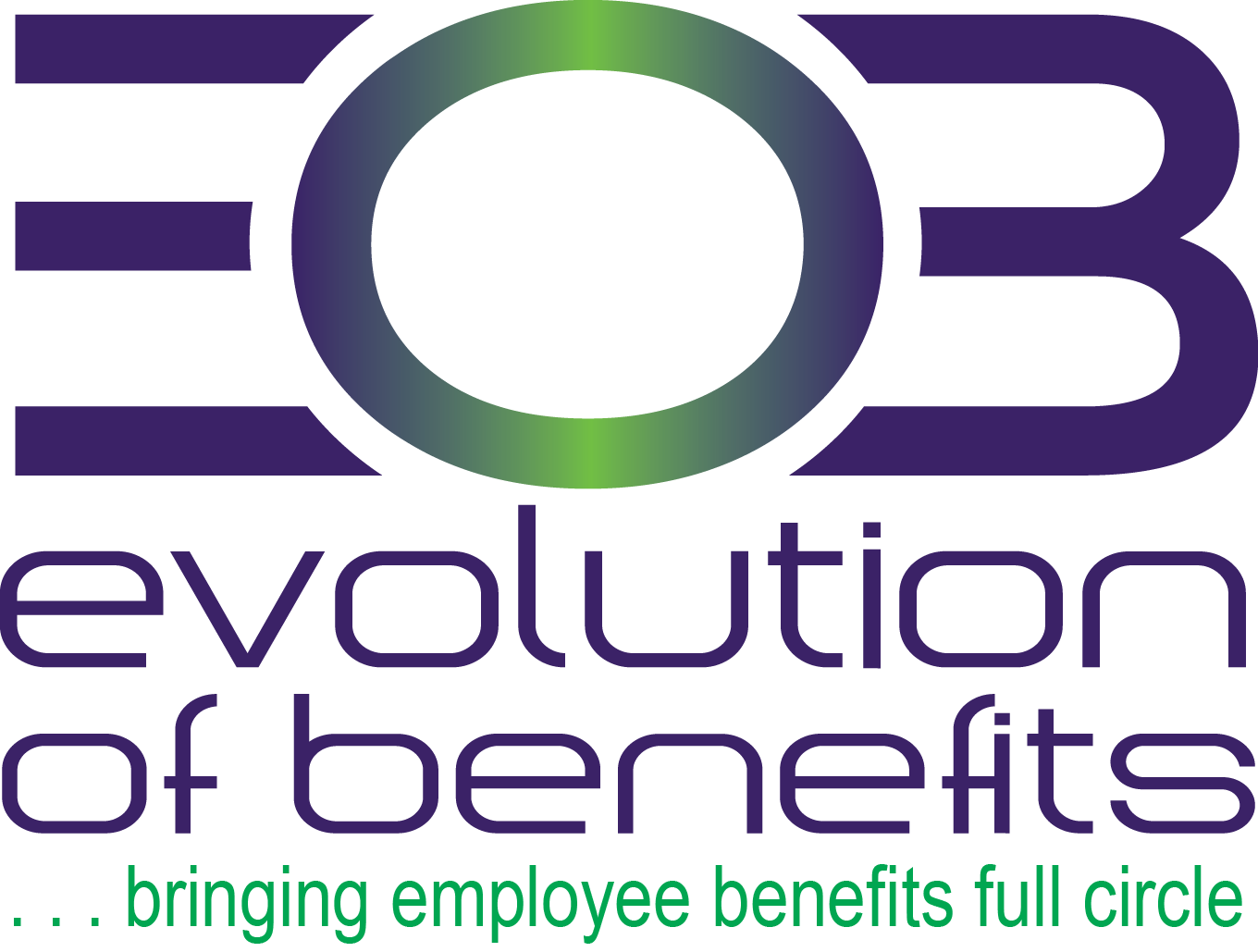In the Loop (June)

Health Panel Drops Breast Cancer Screening Age to 40
On April 30, 2024, the U.S. Preventive Services Task Force (USPSTF) recommended that women
get a mammogram every other year starting at age 40 and continuing until they are 74. Nearly one year after this screening guidance was drafted in May 2023, the health panel’s recommendations have been finalized without major changes.
In the Loop (May)

CDC Drops 5-day Isolation Guidance for COVID-19
For the first time since 2021, the agency loosened its COVID-19 isolation guidance
to better reflect the virus’s evolving risk as hospitalizations and deaths from COVID-19 dropped.
Individuals who test positive for COVID-19 no longer need to stay home from work and school for five
days. Isolation is no longer necessary if the individual has been fever-free for at least 24 hours without the aid of medication
Wellness Tips for Summer!

Summer is a fun time of year when people often spend more time outside and with friends. With this increased activity comes the need to reconsider the usual wellness habits you use throughout the rest of the year. There are several ways to ensure you have a healthy, fun and productive summer. During the summer months, here are some reminders:
- Stay inside during extreme heat.
- Protect yourself from the sun.
- Drink plenty of water.
- Eat summer foods.
- Make time to exercise.
- Take a vacation to prevent burnout.
With the change of weather and activity that summer often brings, it’s still important to prioritize your well-being even though your routine may differ from other times of the year. Contact Evolution of Benefits for more wellness tips and related content.
Speak with us to learn more about Wellness Tips for Summer and how you can best protect yourself.
HR Insights: 5 Tips for Managing Employees During the Great Reshuffle

The Great Reshuffle—a mass movement of workers leaving jobs with which they are not satisfied—shows no signs of slowing down. As Generation Z and Millennials begin to make up more of the workforce, it has become clear that values and priorities have shifted from those of previous generations. Furthermore, unemployment rates are down, and the employment market is currently very worker friendly. The combined effect of these factors is that employees more readily move between different jobs to find those that align with their priorities and desires. This often means seeking out better compensation or benefits, workplace flexibility, career development opportunities or the right culture fit.
The Great Reshuffle can make for a challenging environment for employers, but several tips can help mitigate the issues employers may face. Consider the following strategies:
- Offer Remote and Hybrid Options
- Focus on Employee Well-being
- Play to Each Employee’s Strengths
- Create Systems of Accountability
- Maximize Employee Rewards and Recognition Programs
For more information on workplace trends, contact Evolution of Benefits today.
Live Well, Work Well – The Benefits of Seasonal Produce

In today’s supermarket, it’s normal to see the same produce available year-round. However, that doesn’t mean the quality always remains the same. Eating seasonally means you are simply taking advantage of the harvest schedule and enjoying fully mature produce at the peak of its growing season. Seasonal eating can also help encourage you to eat more fruits and vegetables daily.
The 2020-2025 Dietary Guidelines for Americans recommends 2 cups of fruit and 2½ cups of vegetables daily.
- Staying Safe in the Summer Sun
- Sunscreen labels must follow specific guidelines.
- U.S. Drug Overdoses Hit Record High in 2021
- Banana Berry Muffins
View and download the latest Live Well, Work Well newsletter
Infographic – July 2022 is UV Safety Awareness Month

Summertime is here! Now’s the time you can get outside, enjoy nice weather and soak up some sun. But, like with any good thing, too much sunshine can actually hurt your body. That’s because the sun’s ultraviolet (UV) rays contain radiation that can lead to serious health issues, including cancer.
July is UV Safety Awareness Month, making it the perfect time to learn how to protect yourself from UV exposure. According to the American Academy of Dermatology, here’s what you can do to stay safe while appreciating the outdoors:
- Find shade when you need it.
- Wear clothing that protects against direct sunlight (e.g., a wide-brimmed hat).
- Use water-resistant sunscreen with a sun protection factor (SPF) of at least 30.
Speak with us to learn more about the risks of UV exposure and how you can best protect yourself.
Employers See Increasing Numbers of Lawsuits Over Deficient COBRA Notices

Employers are seeing an increase in lawsuits from former employees alleging deficient Consolidated Omnibus Budget Reconciliation Act (COBRA) election notices, with statutory penalties of up $110 per person per day. These lawsuits are generally class actions and can result in significant attorneys’ fee awards for successful ex-employees. The fact employers are struggling to comply with COBRA notice requirements means employers should brace for increased election notice litigation.
“The DOL is ‘keeping an eye’ on the need for additional COBRA guidance, but other issues have taken priority.”
– Elizabeth Schumacher, deputy director of the DOL’s Division of Regulations and Standards
7 Tips for Keeping Young Employees Safe

The U.S. Department of Labor (DOL) recently reminded employers hiring youth-aged workers to review workplace practices and comply with federal child labor laws to ensure these hires have a safe and beneficial experience.
In 2021, the DOL indicated workplace injuries and illnesses among youth-aged employees—those who are under 18 years old—have been rising since 2017. Employers most commonly hire young workers in the summer, with July typically being the peak employment month. Employers should do all they can to ensure the safety of their younger employees.
The DOL provides seven strategies and various resources for creating a safe and healthy workplace for youth-aged employees.
- Verify Ages of Youth-aged Workers
- Ensure Managers Are Trained on Child Labor Laws
- Educate Youth-aged Workers on Prohibited Jobs and Permitted Schedules
- Review Time Records
- Post Warning Labels on Prohibited Equipment
- Train Youth-aged Workers on Job Hazards and Safety Precautions
- Encourage Youth-aged Workers to Raise Safety Concerns
Live Well, Work Well – EWG Releases 2022 Dirty Dozen List

Every year, the Environmental Working Group (EWG) releases a report ranking pesticide residue levels of fruits and vegetables based on samples taken by the U.S. Department of Agriculture (USDA) and the Food and Drug Administration. This report is designed to help consumers make healthy and informed choices and reduce their exposure to toxic pesticides.
More than 70% of non-organic produce sold in the United States contains potentially harmful pesticide residue, according to the EWG.
The report includes a list of the most pesticide-tainted produce, known as the “Dirty Dozen.” Here’s the 2022 list:
- Strawberries
- Spinach
- Kale, collard and mustard greens
- Nectarines
- Apples
- Grapes
- Bell and hot peppers
- Cherries
- Peaches
- Pears
- Celery
- Tomatoes
View and download the latest Live Well, Work Well newsletter
Infographic – June 2022 is Alzheimer’s and Brain Awareness Month

Alzheimer’s disease is a type of dementia that affects memory, thinking and behavior. Symptoms may eventually grow severe enough to interfere with daily tasks. It’s important to understand that Alzheimer’s is a brain disease—it’s not a normal part of aging.
June is Alzheimer’s and Brain Awareness Month, a time meant to reinforce that your brain is a vital organ. It manages your ability to communicate, make decisions and live a full, independent life. There is currently no cure for Alzheimer’s, but there are some ways to support brain health. Lifestyle habits like exercising regularly, eating a healthy diet, avoiding alcohol and tobacco, sleeping enough, and challenging your mind through learning or games can help reduce the risk of cognitive decline.
Contact us to learn more about Alzheimer’s and other dementias.




















